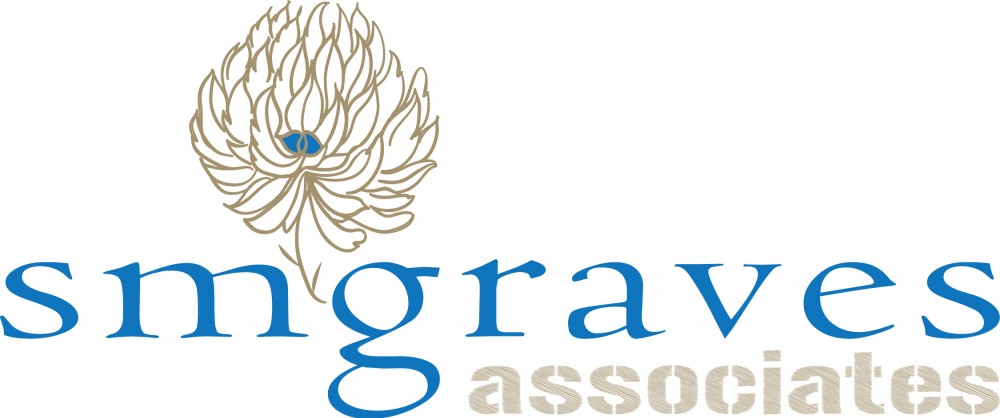on the frontlines
10 months in

We’ve had ten months to witness the big grab. The proof is irrefutable. Corporate America is using the pandemic to consolidate its power over small business….and it’s got me motivated.
Recently, the national music merchandising company Guitar Center filed for Chapter 11 bankruptcy, a strategic move some would posit is a ‘strategic’ bankruptcy built into the business plan. This corporate competitor has been the bane of the existence of countless independent, family operated music stores. Certainly, the many tactics of the hedge funds that have owned GC over the years have caused destabilization that in the aggregate damaged the industry and the cultures of music merchandising and music education.
We’re 10 months into the zombie apocalypse. Countless small or independent enterprises representing dozens of industries have had to pivot and pivot again to survive.
Have you noticed your neighbors going out of business? Have you noticed that regional or national chains made the decision not to close?
‘But they’re essential, they are our grocers, our retailers’, you say. Is it that simple?
I call foul. I feel I have the experience to opine on the matter.
I closed my music education enterprise in March 2020 out the outset of Covid-19. We were already pivoting to respond to pre-Covid challenges. We lost our entire roster of student clients in 4 days. We were outbid at the eleventh hour for purchasing our mixed-use building. In the span of little more than a week, we were left with virtually no income and a rapidly approaching date to vacate our premises.
Our bankruptcy was discharged on Election Day. The irony of being in the US at this moment with our circumstance was not lost on me.
According to Yelp, as of September 2020 nearly 100,000 small businesses have closed for good. While the pandemic plays a role in the acceleration of this process, it’s not the source. Concentration of corporate power is. After 10 months of time gone by, we see that by and large, government bodies, through various actions or in-actions are facilitating.

In Massachusetts, a state with ~16,700 restaurant licenses, nearly 10,000 have ceased operations. In our city of Gardner, MA the downtown independents are either closed or struggling to remain open, while fast-food chains along the highway appear to be doing moderately well.
Stacey Mitchell, co-director of the Institute for Local Self-Reliance’s Independant Business Inititative would agree. In her small business report on fighting monopoly power she outlines the issue, “Obstacles to success in normal times — a consolidated banking system that withholds credit, a financier-driven real estate market that drives up rents, the predatory fees charged by digital gatekeepers like Amazon and Uber Eats — have become lethal in the context of Covid-19, which has compelled many businesses to restrict their operations and get by on a small fraction of their normal revenue. So far, the federal response has been to provide trillions of dollars in support to large corporations, while leaving small businesses to scramble for limited, hard-to-use relief loans”. Read her full article here
A radical shift is required in order to save what’s left of our independent business communities. During the remainder of the global health crisis an across the board moratorium on debt and interest payments should be considered. Let’s extend that to consumers and let’s consider keeping renters and mortgage-holders alike in their homes at all costs. Conversely, funding should be granted to small business owners in order to keep them afloat until we’re post-pandemic at which time we can directly address the issues of corporate consolidation.
In our current trajectory we will realize an acceleration of small independent enterprise going out of business. We will continue to enact ‘assistance’ that favors large corporate interests at the expense of our local business owners, offering them complicated loans (not grants) whose loan terms change with the whims of the federal government. This acceleration on a national scale does nothing to stabilize our communities.
We are quickly eroding the public trust and our collective belief in each other.
We are wasting talent. We are wasting time. WE are Wasting AWAY.

Scott M. Graves is founder of SMGraves Associates and host of SMG’s ‘Are We Here Yet?’ Podcast. Partnered with The Worcshop of Worcester, MA SMG is developing the Worc-It Business Lab in the largest industrial makerspace on the east coast. SMG’s ‘M the Media Project’ is developing new ways to deliver local journalism. Scott stays positive while combatting the effects of de-industrialization in the milltowns he so desperately loves.
